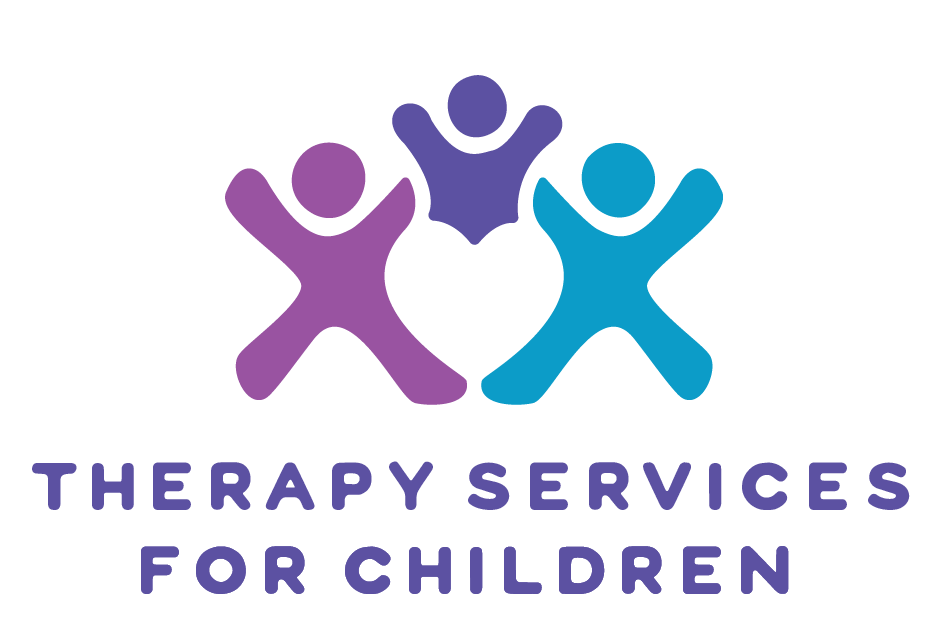If you are interested in OT for your child at Therapy Service for Children, please email Heidi Hynes at heidi@therapysfc.com and request intake information.
We provide occupational therapy services. The term occupation captures the breadth and meaning of everyday activity. Children have many “occupations” or “jobs” they must engage in each day. Children’s occupations include play, self-care, social interaction, and educational performance. Occupational therapists help children with a skill deficit, illness, disability, or disorder that impacts their successful participation in everyday activities.
We specialize in working with children with a variety of challenges and diagnoses. These include:
Autism Spectrum Disorder
Sensory Processing Disorder
Attention Deficit Hyperactivity Disorder
Developmental Motor Coordination Disorder/ Dyspraxia
Fine motor and gross motor issues (concerns, challenges, delays)
Developmental Delays
Emotion regulation/self-regulation challenges
Challenging behaviors
Handwriting remediation needs
Learning Disabilities
Feeding difficulties, including picky eaters
At Therapy Services for Children, we provide individualized occupational therapy evaluation, treatment, and parent/caregiver education. Treatment sessions are child-centered and fun and promote the development of functional skills. The child’s concerns are valued and addressed from the start. Our client’s strengths and interests are an integral part of treatment planning. We aim to provide parents/caregivers and children with practical recommendations, tools, and strategies to address their everyday challenges. We aim to make life more enjoyable and less stressful for the children and families we serve.
Treatment approaches/interventions/services provided include:
Sensory Integration, sensory-based treatment
Developing fine motor skills and hand strength
Developing gross motor skills such as motor planning/praxis, balance, bilateral coordination, and body awareness
Developing visual motor integration and visual perceptual skills
Developing play and social-emotional skills
Developing emotion/self-regulation skills
Developing interoception skills
Developing self-care skills
Developing attention skills
Helping with challenging behaviors
Handwriting assessment, remediation, cursive instruction, including Handwriting Without Tears
Kindergarten readiness skills
Improving muscle strength and range of motion




